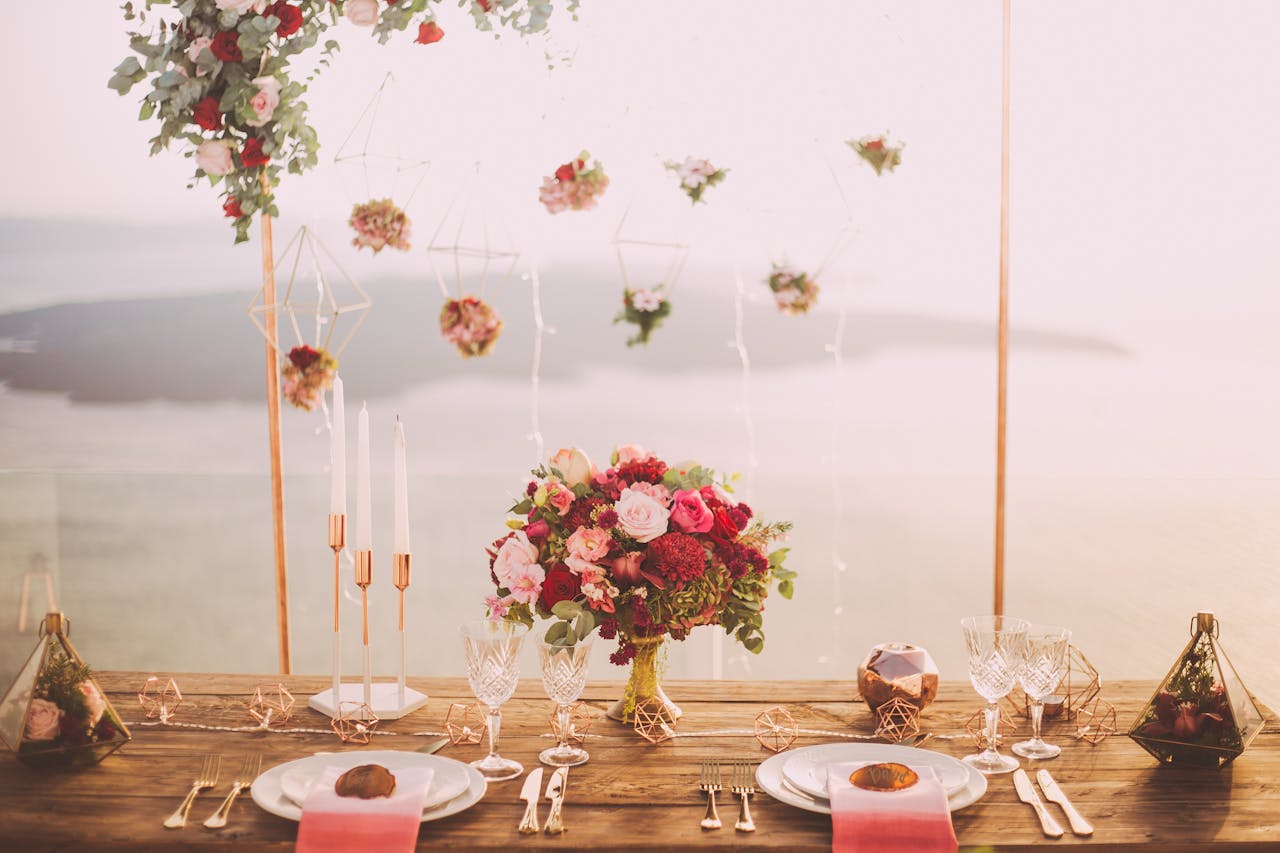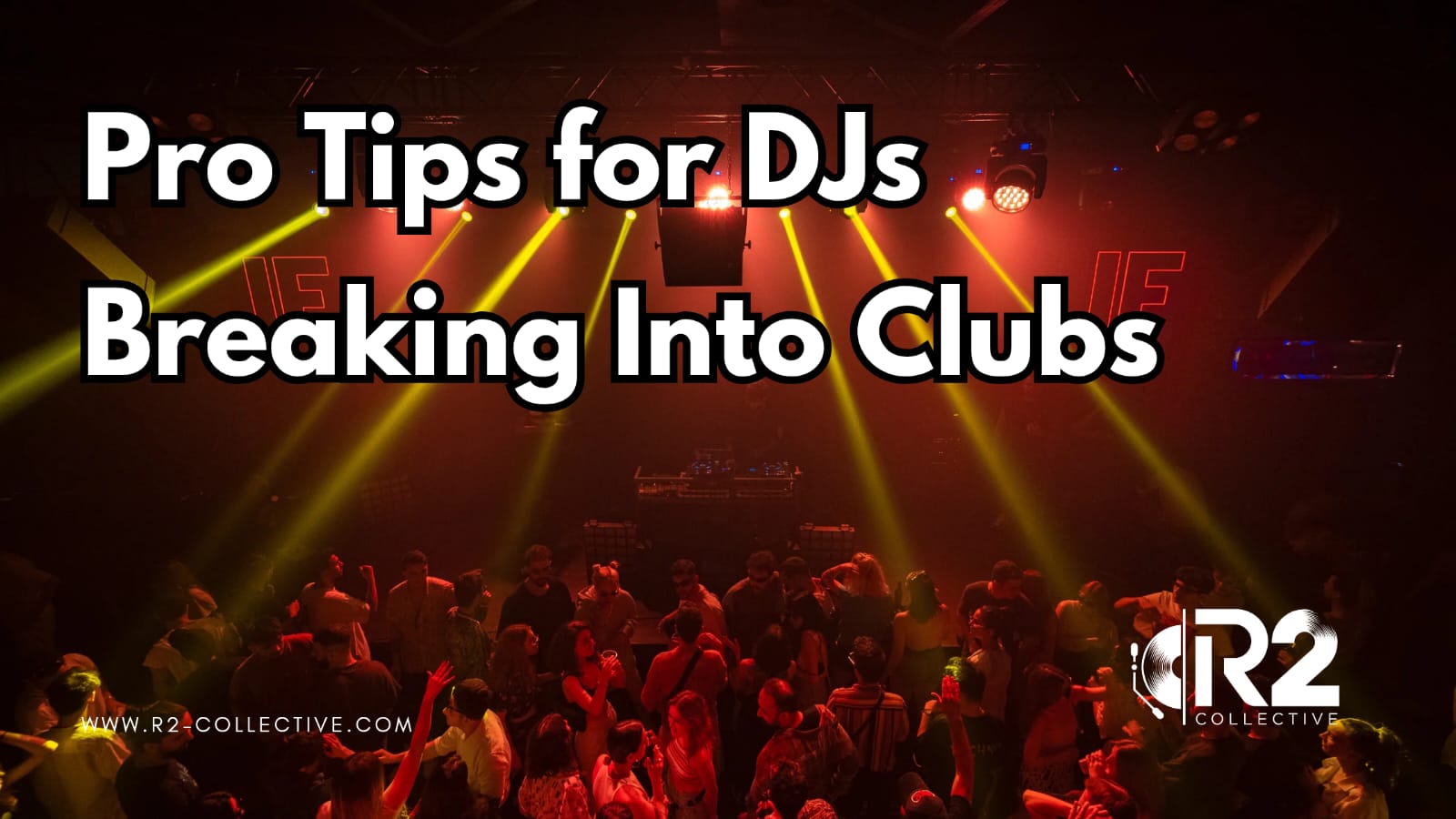Planning a wedding can be exciting, but it often comes with the pressure of balancing dreams and finances. Many couples believe that cutting costs means giving up on the moments that make a wedding truly special, such as entertainment and photography. The good news is that you can celebrate beautifully without overspending. By making smart decisions, understanding where to invest, and knowing what alternatives exist, you can enjoy an event that feels meaningful and memorable.
This guide explains how to plan a wedding on a budget while keeping your guests entertained and ensuring your photographs reflect the joy of the day. You’ll discover practical steps, cost-saving strategies, and insights that will help you plan confidently without losing the charm of a once-in-a-lifetime celebration.
Understanding Your Priorities
Every wedding has core elements that define the experience. For most couples, entertainment and photography top the list because these are the memories and emotions that last. Before setting numbers, take time to list the areas that matter most. Some couples value food above all else, while others prefer live music or décor. Ranking priorities helps you focus funds where they create the most impact.
If your top focus is entertainment and photography, then you can make adjustments elsewhere without feeling deprived. Remember that guests rarely notice small details such as the type of chairs or the shape of the napkins, but they will remember dancing, laughter, and the photographs you share afterwards.
Setting a Realistic Budget
The first step in how to plan a wedding on a budget is defining the amount you’re comfortable spending overall. Once you have a total, break it into categories. A common approach is to dedicate:
- 40% to venue and catering
- 15% to photography and videography
- 10% to entertainment
- 15% to décor and flowers
- 10% to attire
- 10% to miscellaneous items
These percentages can shift based on what matters most to you. If photography and entertainment are non-negotiable, you may reduce décor or attire spending. The key is flexibility—align your money with your values.
Saving on the Venue
The venue is often the largest expense. Choosing wisely can free up funds for entertainment and photography. Consider these options:
- Outdoor spaces: Parks, gardens, or family backyards often cost less than traditional ballrooms.
- Community halls: Local halls can be transformed with creative décor.
- Weekdays or off-season dates: Venues charge lower rates outside of peak seasons.
- Single-location events: Holding the ceremony and reception in one place reduces rental and transport costs.
A venue that is visually appealing without excessive décor saves both time and money.
Catering Without Excess
Food is important, but it doesn’t need to be extravagant. Couples often overspend on catering because they feel pressured to impress. Instead, consider:
- Serving a buffet rather than plated meals.
- Offering fewer courses but focusing on taste and quality.
- Partnering with local restaurants or small catering businesses.
- Choosing popular comfort foods that guests enjoy.
By saving here, you allow more space in the budget for professional photos and good entertainment.
Entertainment Options on a Budget
Entertainment sets the energy of the event. A lively crowd remembers the evening with fondness. However, entertainment doesn’t have to break the bank.
Hiring a Wedding DJ and Photographer Package
Some professionals offer combined services, such as a wedding dj and photographer bundle. This can be more affordable than booking separately. It also ensures coordination between music and photo timing, making moments flow smoothly.
Alternatives to a Full Band
Live bands can be costly, but that doesn’t mean you can’t have music. Consider:
- A talented local DJ.
- A string quartet for the ceremony only.
- A playlist curated with your favourite songs and a friend to manage it.
Interactive Entertainment
Entertainment doesn’t have to be only about music. Some ideas include:
- Photo booths with props.
- Interactive games for guests.
- Storytelling or short video montages about the couple.
These low-cost options create memories without high fees.
Photography That Lasts
Photography is more than pictures—it’s your archive of the day. Skipping quality photography often leads to regret, but there are ways to secure professional work within a budget.
- Hire newer professionals: Emerging photographers often offer competitive rates as they build their portfolios.
- Limit hours: Book a photographer for the ceremony and early reception, rather than the entire day.
- Digital-only packages: Skip printed albums and opt for high-resolution files you can print later.
- Second shooters: Some photographers bring assistants at reduced rates to capture extra angles.
The goal is to ensure the essence of your day is captured without unnecessary extras.
Wedding Planner vs Wedding Coordinator
Many couples feel unsure about whether to hire a wedding planner or a coordinator. Understanding the difference helps with budgeting.
- Wedding Planner: Involved from the start, helping design, budget, and book vendors. Planners usually cost more because they handle every detail.
- Wedding Coordinator: Focuses on managing the event itself. Coordinators step in closer to the date to ensure everything runs smoothly.
If your goal is saving money, a coordinator may be enough. You can plan most aspects yourself but rely on a professional for execution on the day.
DIY vs Professional Services
A growing number of couples combine DIY touches with professional services. For example, you may design your own invitations, arrange simple centrepieces, or create décor items. This saves money for professional photography or entertainment.
Be mindful, though: not everything should be DIY. Tasks that require skill—like photography—are worth paying for. A friend with a good camera might capture moments, but they likely won’t match the artistry of a professional.
Case Study: A Budget-Friendly Wedding That Worked
Consider Sarah and Daniel, who planned their wedding with a budget under strict limits. Their priorities were music and photography. Here’s how they managed:
- Booked a community hall for both ceremony and reception.
- Hired a rising photographer with a strong portfolio at half the cost of established names.
- Opted for a wedding dj and photographer package, saving coordination costs.
- Served a buffet-style dinner with favourite local dishes.
- Used DIY flowers and décor from local markets.
The result was a vibrant wedding full of energy, captured beautifully in photographs. Guests danced late into the evening and raved about how personal the event felt.
Common Budget Mistakes to Avoid
- Not setting priorities: Trying to cover everything equally often leaves little money for what matters most.
- Ignoring hidden costs: Transportation, service fees, and overtime can quickly add up.
- Over-inviting: Guest count directly affects catering and venue size. A smaller, intimate wedding is often more affordable.
- Booking late: Early bookings secure lower prices.
- Skipping contracts: Always confirm agreements in writing to avoid unexpected charges.
FAQs
How do I start planning a wedding on a budget?
Start by setting a total budget, ranking priorities, and researching affordable alternatives for each category.
Should I hire a wedding planner or coordinator?
If you want guidance throughout the process, a planner may be useful. If you’re comfortable planning but want help on the day, a coordinator is more cost-effective.
Can I cut costs without affecting photography quality?
Yes, by booking newer photographers, limiting hours, or choosing digital packages.
Is DIY a good idea?
Yes, but only for items that don’t require technical skill. Save tasks like photography and music for professionals.
Conclusion
Planning your wedding within a budget doesn’t mean giving up what makes the day meaningful. By focusing on priorities like entertainment and photography, choosing affordable venues and catering, and understanding the difference between a wedding planner vs wedding coordinator, you can enjoy a celebration that reflects your story without overspending.
Your guests will remember the joy, the dancing, and the photos you share for years to come—not the chair covers or tablecloths. The right choices make your day unforgettable while keeping your finances intact.If photography is at the top of your list, don’t wait until the last minute. Request availability today to secure professional wedding photography services and ensure your memories are preserved beautifully.









